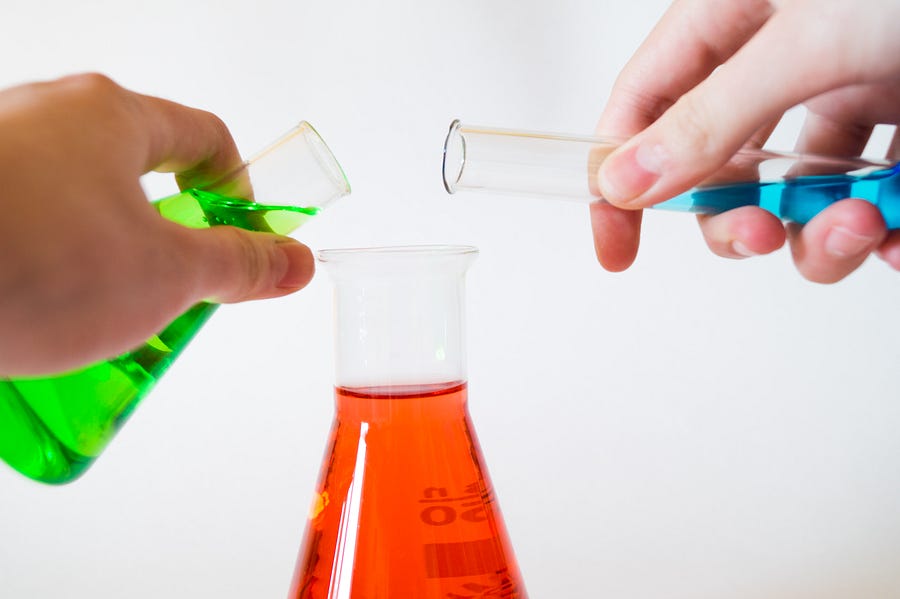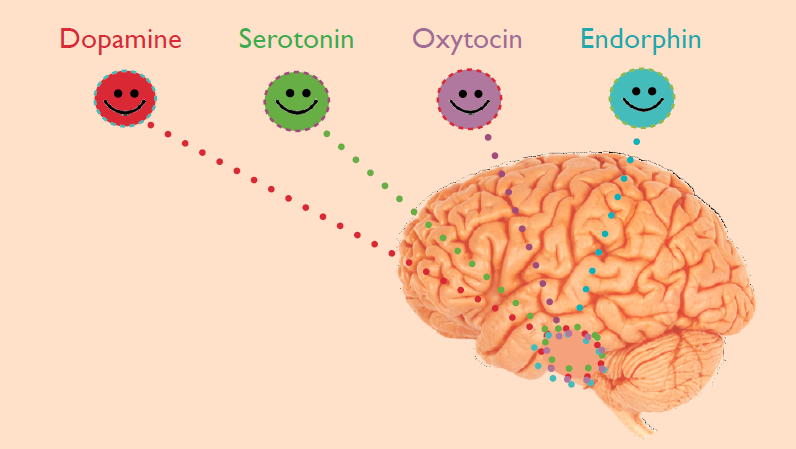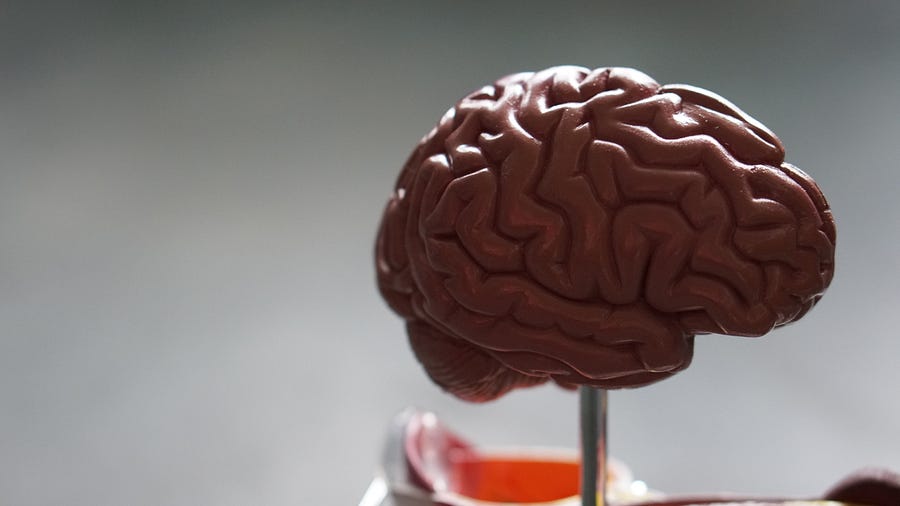The happy recipe you’ve been looking for
1. What is happiness?
The term Happiness is utilized with regards to mental or emotional states, including positive or pleasant emotions running from satisfaction to exceptional delight. It is additionally utilized with regards to life fulfillment, emotional prosperity, eudaimonia, thriving, and prosperity.
Happiness has a really significant job in our lives, and it can hugely affect the manner in which we live our lives. Despite the fact that researchers still can’t seem to pin down the definition or a settled upon structure for Happiness, there’s a lot we have learned over the most recent couple of decades.
1.1 Sources of True Personal Happiness

Taking together all the different hypotheses and discoveries on happiness, we realize that there are at any rate a couple of components that are significant for generally speaking happiness:
- Individual income
- Labor market status
- Physical health
- Family
- Social relationships
- Moral values
- Time and places.
- Experience of positive emotions.
As you can see, The source of happiness is not something occurring by external factors (most of the time). As the great Dalai Lama said:
“Happiness mainly comes from our own attitude, rather than from external factors.”
That’s why in psychology it says this depends on positive psychology.
For decades, the field of psychology just centered around depression and how to gauge it. In any case, another field of science called “Positive Psychology” expects to change the entirety of that and reverses the situation on depression by seeing approaches to quantify Happiness.
2. Science behind happiness

“The science of happiness” alludes to another field of sociology called positive psychology. As opposed to prevalent thinking, it isn’t “positive thinking” or self-improvement, however an expansive experimental field of research and application worldwide. … The science of happiness came to fruition through the development of psychology.
There are four major chemicals in the brain that influence our happiness
2.1 The Four Noble Horsemen

When your brain releases one of these chemicals, you feel good. It would be nice if they surged all the time. But they don’t work that way. Each happy chemical has a special job to do, and it turns off when the job is done. That’s why we’re always looking for ways to turn on our happy chemicals.
1.Dopamine
2.Serotonin
3.Oxytocin
4.Endorphins.
1.Dopamine ( The reward hormone considered the “FEEL GOOD”)

Dopamine is an important chemical messenger in the brain that has many functions. It’s involved in reward, motivation, memory, attention, and even regulating body movements.
When dopamine is released in large amounts, it creates feelings of pleasure and reward, which motivates you to repeat a specific behavior. In contrast, low levels of dopamine are linked to reduced motivation and decreased enthusiasm for things that would excite most people. Dopamine levels are typically well regulated within the nervous system, but there are some things you can do to naturally increase the level.
How we get more Dopamine?
- Eat foods rich Tyrosine: Almonds, Banana, Avacado, Eggs, Fish And Chicken
- Meditating
- Listening to Music
- Enough Sleep
- Supplements
2.Serotonin (Wellbeing & happiness)

Serotonin is another social chemical, however, it works in a completely unique way. Serotonin assumes a job in the elements of pride, devotion, and status. At the point when we feel a feeling of achievement or acknowledgment from others, we are encountering the impacts of serotonin. This could be from getting your certificate, crossing the end goal in a race, or being acknowledged for difficult work in the workplace.
Serotonin helps regulate mood and social behavior, appetite, and gastrointestinal function sleep, memory, sexual desire, and function.
How we get more Serotonin?
- Exercise
- Meditate
- sleep
- Eat foods rich in L-tryptophan: chicken, eggs, cheese, turkey, beef, salmon and tuna, tempeh, beans, lentils, spinach, and other dark green leafy vegetables, pumpkin and chia seeds, and nuts.
3.Oxytocin (Known to increase trust)

Oxytocin is frequently lovingly alluded to as the “hugging drug” since it is discharged by the brain during physical contact with others. It’s likewise the inclination behind love, friendship, or deep trust
Oxytocin is a hormone that acts on organs in the body (including the breast and uterus) and as a chemical messenger in the brain, controlling key aspects of the reproductive system, including childbirth and lactation, and aspects of human behavior.
Oxytocin triggers the bond between a mother and infant and it may also play a role in recognition, sexual arousal, trust, and anxiety. some research shows that the hormone may affect addiction and stress as well.
How we get more Serotonin?
- Pet a dog
- Use social media (Up to a limit please!)
- opening up emotionally
- Meditate
- sharing a meal
- attention while listening to someone
4.Endorphins (Helps create good habits)

Endorphins chemicals produced by the body to relieve stress and pain. endorphins can produce a feeling of euphoria that is both healthy and safe, without the risk of addiction or overdose.
How we get more Endorphins?
- Sniff some vanilla or lavender
- Take a group exercise class
- Seek out daily laughter
- Have sex
- Savor some chocolate
- Music
- Eat something spicy
Every one of these chemical compounds has an immense impact on the manner our bodies work truly, intellectually, and inwardly.
3. How is Positive Psychology related to the Science of Happiness?

Positive Psychology could be viewed as a subset inside the more extensive field we call the Science of Happiness, which stretches out to the characters just as the sociologies. For instance, Positive Psychology is to a great extent concentrated on the investigation of positive feelings and “mark qualities,” yet the Science of Happiness stretches out, for instance, to such territories as the effect of activity on mental prosperity, or the impact of web-based social networking on happiness.
A Simple Neuroscience perspective on happiness:

Neuroscientists and psychologists have been researching the brain states related to happiness. in like manner, scientists are additionally examining its relationship with well-being. for a considerable length of time, inquire about has indicated that our encounters reshape our brains. Furthermore, they can likewise change our nervous systems.
4. Conclusion
As I have mentioned at the beginning of this post, The source of happiness is not something occurring by external factors. It mostly depends on two major factors.
- Positive Psychology
- Happy Chemicals :)
Here are 10 simple tips for you to follow in your everyday life which will lead you to rich positive psychology.
- Start each day with a smile
- Find joy in the little things
- Connect with others
- Be good to yourself
- Choose a well-balanced diet
- Do some exercise
- Get enough sleep
- Let go of sadness and disappointment.
- Walk-in nature.
- Enjoy your self
“Happiness does not depend on what you have or who you are. It solely relies on what you think.”
More posts about Mental Health and Womanism by me :)
8 simple tips to boost your personality by taking care of your body.
9 Simple Tips To Help You Subsis Any Anxiety, Distress Or Concern related To The Corona Virus (COVID-19)
Follow this simple set of rules and experience the difference
Forgiveness helps heal relationship wounds.











0 Comments